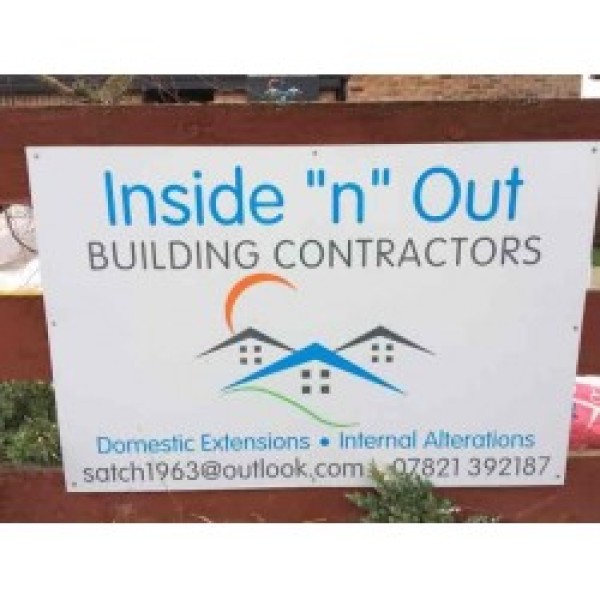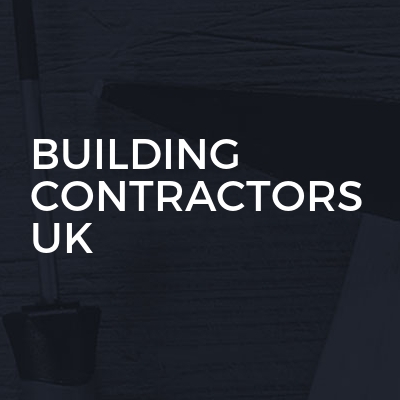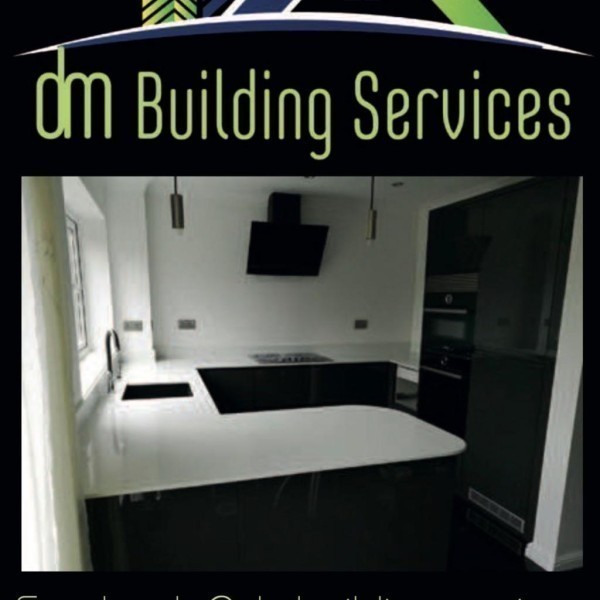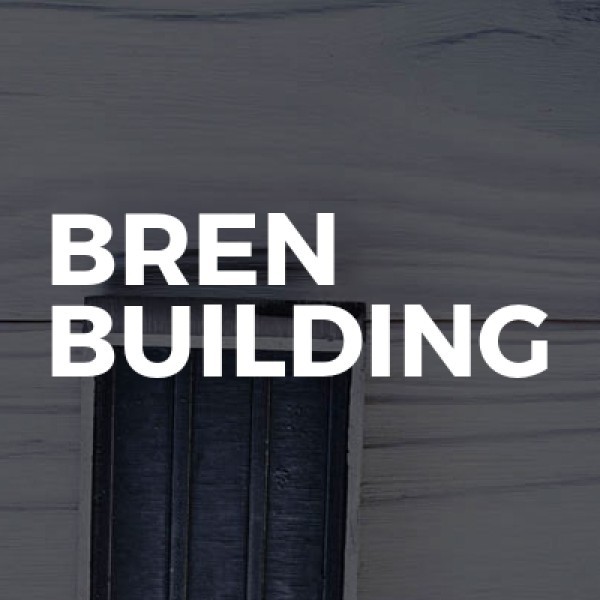Loft Conversions in Dover
RF Property Maintenance & Building Ltd is a premier choice for all your building and maintenance needs in Perry... read more »
Welcome to Inside 'N' Out Contractors, your trusted partner for all your building and renovation needs in Herne Bay and across Kent. As a... read more »
Welcome to Kacey Carpentry, your go-to solution for exceptional carpentry and home improvement services in Bors... read more »
Mckays Building Services LTD is a premier choice for all your building needs in Newington and throughou... read more »
Welcome to BT Carpentry And Joinery, your go-to experts for all building and renovation needs in Eccles and across Kent. As a premier pro... read more »
Welcome to Garner Building Services, your trusted partner for all your building needs in Cellarhill and across Kent. As a family-run busi... read more »
Welcome to John Boyns Carpentry, your go-to experts for all your building and carpentry needs in Coxheath and across Kent. As a family-ru... read more »
Welcome to LTLC Construction, your trusted partner for all your building needs in Silverhill Park and the surrounding areas of East Susse... read more »
Building Contractors UK is a premier construction company based in the charming village of Shorne West, offering a wide... read more »
Welcome to Marshalls Brickwork Ltd, your premier choice for construction services in Bearsted, Kent. As expert extension builders, drivew... read more »
Welcome to MTM Carpentry Ltd, the go-to choice for exceptional carpentry and building services in Folkestone and throughout Kent. Our Fol... read more »
Madison Builders: Premier Builders and Renovation Experts in Warmlake, Kent
Welcome to Madison Builders, your tr... read more »
DS Discount Builders Ltd is a premier choice for all your building and renovation needs in the bustling region of
Kent Custom Projects Ltd is a premier choice for all your home renovation needs in Blean and throughout... read more »
Welcome to SP Bespoke Ltd, your premier choice for expert carpentry and renovation services in Stone Hill and through... read more »
Pro Build LDN LTD is a premier choice for building services in Bexley, London. Situated in the vibrant... read more »
Welcome to Teasdale Construction Ltd, your go-to experts for all construction needs in Charcott and across Kent. As a leading name in the... read more »
Wisdom Building Services Ltd is your go-to solution for all construction needs in |LOCATION| and the su... read more »
Welcome to DM Building Services, your trusted builders in Chilton, proudly serving the entire East Kent region. As a family-run business... read more »
Welcome to BREN Building, your go-to experts for all construction needs in Trench Wood and throughout Kent. As a premier provider of buil... read more »
Search Loft Conversions in places nearby
Understanding Loft Conversions in Dover
Loft conversions in Dover have become increasingly popular as homeowners seek to maximise their living space without the hassle of moving. This transformation not only adds value to your property but also provides a unique opportunity to create a personalised space. Whether you're considering a new bedroom, office, or playroom, a loft conversion can be a cost-effective solution.
The Benefits of Loft Conversions
Loft conversions offer numerous advantages. Firstly, they increase the usable space in your home, which is particularly beneficial in Dover where property prices can be high. Secondly, they can significantly boost your property's market value. Additionally, converting your loft can be more affordable than building an extension, as it utilises existing space.
Increased Living Space
One of the primary reasons homeowners opt for loft conversions is the additional living space they provide. This extra room can be tailored to suit your needs, whether it's a new bedroom, a home office, or a cosy retreat.
Enhanced Property Value
A well-executed loft conversion can increase your property's value by up to 20%. This makes it a smart investment, especially in a competitive market like Dover.
Cost-Effective Home Improvement
Compared to other home improvement projects, loft conversions are relatively cost-effective. They make use of existing structures, which reduces the need for extensive construction work.
Types of Loft Conversions
There are several types of loft conversions to consider, each with its own set of benefits and requirements. The choice largely depends on your budget, the existing structure of your home, and your personal preferences.
Velux Loft Conversion
A Velux loft conversion is the simplest and most cost-effective option. It involves installing Velux windows into the existing roofline, allowing natural light to flood the space. This type of conversion is ideal for lofts with ample headroom.
Dormer Loft Conversion
A dormer loft conversion extends the existing roof to create additional headroom and floor space. This type of conversion is versatile and can be adapted to suit various property styles.
Mansard Loft Conversion
Mansard conversions involve altering the roof structure to create a flat roof with a slight slope. This type of conversion offers maximum space but requires more extensive construction work.
Hip to Gable Loft Conversion
Hip to gable conversions are suitable for properties with a hipped roof. This involves extending the roof's ridge to create a vertical gable wall, providing more space and headroom.
Planning Permission and Building Regulations
Before embarking on a loft conversion in Dover, it's crucial to understand the planning permission and building regulations involved. While some conversions fall under permitted development rights, others may require formal approval.
Permitted Development Rights
Many loft conversions can be completed under permitted development rights, meaning you won't need planning permission. However, there are specific criteria your project must meet, such as not exceeding a certain volume or altering the roofline significantly.
When Planning Permission is Required
If your conversion involves significant changes to the roof structure or exceeds the permitted development limits, you'll need to apply for planning permission. It's advisable to consult with a local planning authority to ensure compliance.
Building Regulations
Regardless of whether planning permission is required, all loft conversions must comply with building regulations. These regulations ensure the safety and structural integrity of the conversion, covering aspects such as fire safety, insulation, and access.
Choosing the Right Contractor
Selecting a reputable contractor is crucial to the success of your loft conversion. A skilled professional will guide you through the process, ensuring the project is completed to a high standard.
Research and Recommendations
Start by researching local contractors and seeking recommendations from friends or family. Reading online reviews can also provide insight into a contractor's reliability and quality of work.
Obtaining Quotes
It's wise to obtain quotes from multiple contractors to compare prices and services. Ensure each quote includes a detailed breakdown of costs to avoid unexpected expenses.
Checking Credentials
Verify the credentials of potential contractors, including their experience with loft conversions and any relevant certifications. This will give you peace of mind that your project is in capable hands.
Designing Your Loft Space
The design phase is an exciting part of the loft conversion process. This is where you can let your creativity shine and tailor the space to your needs and preferences.
Maximising Natural Light
Incorporating ample natural light is essential for creating a welcoming and functional space. Consider installing large windows or skylights to brighten the area.
Optimising Space
Careful planning is required to make the most of your loft's layout. Built-in storage solutions and multi-functional furniture can help maximise the available space.
Choosing a Colour Scheme
Selecting the right colour scheme can enhance the overall feel of your loft. Light, neutral tones can make the space feel larger and more open, while bold accents add character.
Cost Considerations
The cost of a loft conversion in Dover can vary significantly depending on the type of conversion, the size of the space, and the materials used. It's important to establish a budget early on and stick to it.
Factors Affecting Cost
Several factors can influence the cost of your loft conversion, including the complexity of the design, the need for structural changes, and the quality of finishes.
Budgeting Tips
To keep costs under control, consider prioritising essential elements and opting for cost-effective materials. It's also wise to set aside a contingency fund for unexpected expenses.
Financing Options
If you're concerned about financing your loft conversion, explore options such as home improvement loans or remortgaging. Consulting with a financial advisor can help you determine the best approach.
Common Challenges and Solutions
While loft conversions offer numerous benefits, they can also present challenges. Being aware of potential issues and their solutions can help ensure a smooth process.
Structural Limitations
Some lofts may have structural limitations that complicate the conversion process. Consulting with a structural engineer can help identify and address these issues early on.
Access and Staircase Design
Creating a safe and functional access point to your loft is crucial. A well-designed staircase can enhance the overall aesthetic while ensuring ease of use.
Insulation and Ventilation
Proper insulation and ventilation are essential for maintaining a comfortable environment in your loft. Consider using high-quality materials to ensure energy efficiency and prevent moisture build-up.
Environmental Considerations
Incorporating eco-friendly elements into your loft conversion can reduce your environmental impact and improve energy efficiency.
Sustainable Materials
Opt for sustainable materials, such as reclaimed wood or recycled insulation, to minimise your carbon footprint. These materials can also add a unique touch to your design.
Energy-Efficient Features
Incorporate energy-efficient features, such as LED lighting and double-glazed windows, to reduce energy consumption and lower utility bills.
Renewable Energy Options
Consider integrating renewable energy sources, such as solar panels, to further enhance the sustainability of your loft conversion.
Frequently Asked Questions
- How long does a loft conversion take? The duration of a loft conversion can vary depending on the complexity of the project, but it typically takes between 6 to 12 weeks.
- Do I need an architect for a loft conversion? While not always necessary, hiring an architect can be beneficial for complex designs or when planning permission is required.
- Can all lofts be converted? Most lofts can be converted, but some may have structural limitations. A professional assessment can determine feasibility.
- Will a loft conversion affect my home insurance? It's important to inform your insurance provider of any changes to your property to ensure adequate coverage.
- What is the average cost of a loft conversion in Dover? The cost can vary widely, but on average, a loft conversion in Dover may range from £20,000 to £50,000.
- Can I live in my home during the conversion? In most cases, you can remain in your home during the conversion, although there may be some disruption.
Final Thoughts on Loft Conversions in Dover
Loft conversions in Dover offer a fantastic opportunity to enhance your living space and add value to your property. By understanding the different types of conversions, planning permissions, and design considerations, you can embark on a successful project that meets your needs and budget. With careful planning and the right professional guidance, your loft conversion can become a cherished part of your home.

























